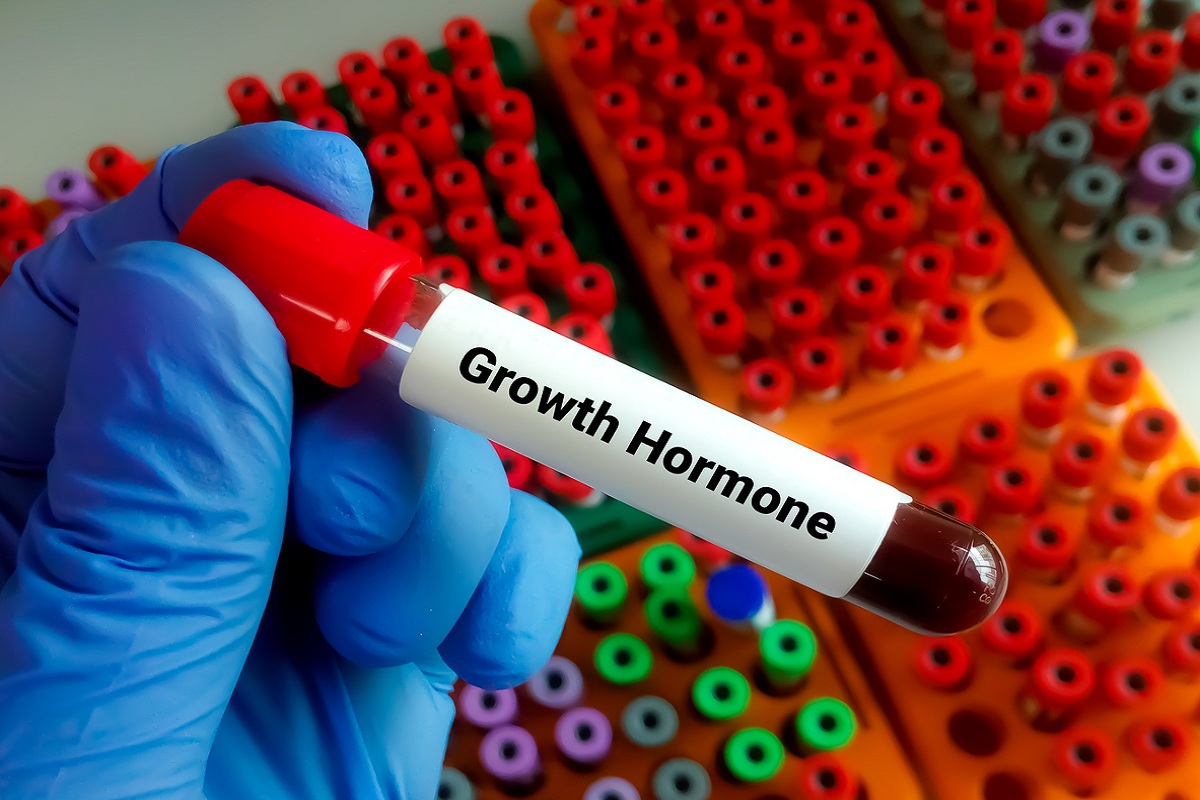A new meta-analysis of 17 different randomised, controlled trials suggests that hormone therapy can significantly reduce insulin resistance.
Menopausal women are at greater risk of insulin resistance as a result of declining estrogen levels.
Advertisement
Previous studies evaluating the potential benefits of hormone therapy on insulin resistance have produced mixed results.
In the new study, Dr Xuezhi (Daniel) Jiang, lead researcher from Reading Hospital Tower Health and Drexel University College of Medicine in Pennsylvania in the US, said their analysis showed that both types of hormone therapy, including oral and transdermal routes, significantly reduced insulin resistance in healthy postmenopausal women, although estrogen alone was associated with a more prominent reduction when compared to a combination hormone therapy.
A number of studies have previously attempted to determine the potential positive effect of hormone therapy on insulin resistance. However, those studies produced inconsistent results.
But in this new meta-analysis, it was found that hormone therapy significantly reduced insulin resistance in healthy postmenopausal women without metabolic diseases including diabetes, hypertension, and cardiovascular diseases.
“Hormone therapy is an effective treatment for many bothersome menopause symptoms, including hot flashes,” said Dr Stephanie Faubion, medical director for The Menopause Society.
This new meta-analysis is important as declining estrogen levels in menopausal women put them at greater risk for insulin resistance and hormone therapy could be beneficial in reducing insulin resistance in these women, Faubion noted.
Insulin resistance can occur in men or women, but menopausal women are at greater risk because, as estrogen levels fall during the menopause transition, the body can become less responsive to insulin.
A diagnosis of insulin resistance is considered serious because it can be a precursor of prediabetes, type 2 diabetes, and metabolic disorders.
